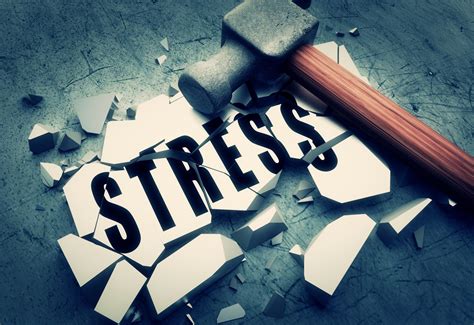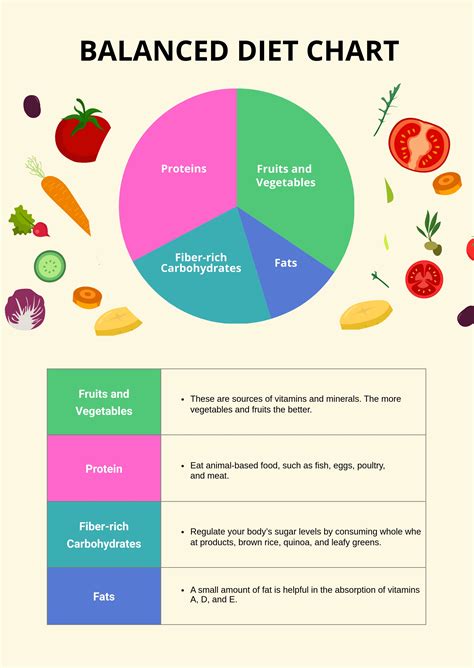How can I naturally boost testosterone for peak male vitality & strength?

Understanding Testosterone and Its Importance
Testosterone, often hailed as the cornerstone of male vitality, is a powerful hormone that plays a critical role far beyond sex drive. It influences muscle mass, bone density, fat distribution, red blood cell production, mood, and energy levels. While testosterone naturally declines with age, adopting certain lifestyle changes can significantly help optimize its production, leading to increased strength, improved mood, and overall peak male vitality.
Nutrition: Fueling Your Testosterone Production
Your diet is a powerful lever for hormone regulation. What you eat directly impacts your body’s ability to produce testosterone. Prioritizing nutrient-dense foods while minimizing inflammatory ones is crucial.
- Healthy Fats: Essential for hormone synthesis. Incorporate sources like avocados, nuts, seeds, olive oil, and fatty fish (salmon, mackerel).
- Zinc-Rich Foods: Zinc is vital for testosterone production. Oysters are famously high, but you can also find it in red meat, poultry, beans, nuts, and seeds.
- Vitamin D: Often called the ‘sunshine vitamin,’ it’s a steroid hormone precursor. Get adequate sun exposure or consume fatty fish, fortified dairy, and supplements under guidance.
- Protein Intake: Adequate protein (lean meats, poultry, eggs, legumes) supports muscle growth and recovery, which indirectly aids testosterone levels.
- Limit Sugar and Processed Foods: These can lead to insulin resistance and inflammation, both detrimental to hormone balance.

Strategic Exercise for Hormonal Harmony
Not all exercise is created equal when it comes to boosting testosterone. Certain types of physical activity are particularly effective:
- Strength Training: Compound movements like squats, deadlifts, bench presses, and rows engage multiple muscle groups and are powerful stimulators of testosterone. Aim for heavy lifting with fewer reps (e.g., 3-5 sets of 5-8 reps).
- High-Intensity Interval Training (HIIT): Short bursts of intense exercise followed by brief recovery periods have been shown to elevate testosterone levels.
- Avoid Overtraining: While intense exercise is good, chronic, excessive endurance training without adequate recovery can actually lower testosterone and increase cortisol (the stress hormone). Listen to your body and prioritize recovery.

Prioritize Rest and Recovery: The Sleep-Testosterone Connection
Quality sleep is non-negotiable for optimal hormone production. Most of your daily testosterone is produced during sleep, particularly during REM sleep.
- Aim for 7-9 Hours: Consistent, high-quality sleep is crucial. Studies show that even a week of restricted sleep can significantly lower testosterone.
- Improve Sleep Hygiene: Create a dark, quiet, cool bedroom, avoid screens before bed, and maintain a consistent sleep schedule, even on weekends.

Master Stress to Protect Your Hormones
Chronic stress is a testosterone killer. When you’re stressed, your body releases cortisol, which has an inverse relationship with testosterone. High cortisol often means lower testosterone.
- Mindfulness and Meditation: Regular practice can significantly reduce stress levels.
- Yoga and Deep Breathing: These techniques promote relaxation and lower cortisol.
- Hobbies and Social Connection: Engage in activities you enjoy and maintain strong social bonds to reduce psychological stress.

Lifestyle Habits for Sustainable Testosterone Boost
Beyond the core pillars, several other lifestyle factors contribute to maintaining healthy testosterone levels:
- Maintain a Healthy Weight: Excess body fat, particularly visceral fat around the abdomen, can convert testosterone into estrogen, lowering your overall levels.
- Limit Alcohol Intake: Excessive alcohol consumption can disrupt hormone balance.
- Stay Hydrated: Water is essential for every bodily function, including hormone synthesis.
- Consider Natural Supplements (with caution): Certain natural compounds like Ashwagandha, Fenugreek, and DHEA have shown promise in some studies, but always consult a healthcare professional before adding supplements to your regimen.

Conclusion
Boosting testosterone naturally is not about quick fixes; it’s about adopting a holistic and consistent approach to your health. By optimizing your diet, engaging in strategic exercise, prioritizing sleep, and effectively managing stress, you can significantly enhance your body’s natural ability to produce testosterone. This commitment to a healthier lifestyle will not only improve your physical strength and vitality but also contribute to better mood, energy, and overall well-being. Always remember to consult with a healthcare professional before making significant changes to your diet or exercise routine, especially if you have underlying health conditions.









